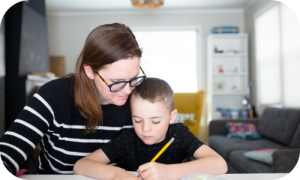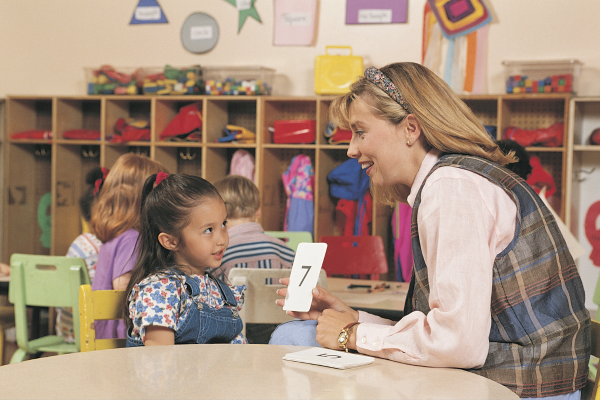 In the exciting journey of a new school year, building a strong relationship with your child’s teacher is key to their success. To kickstart all of this, we’ve compiled a list of 10 essential questions to ask your child’s new teacher. These 10 questions will give you important information and help you have effective communication for a great academic year ahead.
In the exciting journey of a new school year, building a strong relationship with your child’s teacher is key to their success. To kickstart all of this, we’ve compiled a list of 10 essential questions to ask your child’s new teacher. These 10 questions will give you important information and help you have effective communication for a great academic year ahead.
1. How do you assess student progress?
In Malta, schools use tests and exams to check how well students are doing. With young age groups, teachers assess their work and behaviour. Knowing how your child will be checked up on can help you understand what to look out for.
2. What’s that one thing I should do to help my child improve and work on?
The way your child is assessed might change,ok as the teacher gets to know them better during the school year. However, even at the start of the year, it’s helpful to have some basic things you can focus on at home, like making sure they listen well, have regular meal routines, and read together. This gives you a good starting point.
3. What can I do to support the work you’re doing in the classroom?
This question shows the teacher that you’re supportive and want to do everything you can to assist your child.
4. What’s the best way for me to contact you?
During early years, Some parents try to talk about important things during drop-off or pick-up times, which isn’t the best time for various reasons, mainly because there would be other children the teacher has to look after. And for older age groups, Parent’s day is a very important day to attend to get to know more about your child’s progress. It’s important to find out when and how it’s best to talk to your child’s teacher so they can give you useful answers to your questions without feeling rushed or surprised.
5. What are the most important concepts my child has to understand by the end of the year?
This will help you understand what is most crucial for this school year, whether it’s a vital social skill, a way of thinking, or a specific academic idea.
6. How are creativity and innovative thinking promoted in the classroom?
Creativity and smart thinking are important abilities that form the basis for future learning and problem-solving. These are skills that should be given importance and encouraged in the classroom.
7. How can I support literacy at home?
Parents may believe that helping their children become better readers involves pushing them to read more and practice writing. However, it can also mean simply valuing reading and writing at home and encouraging your child to use basic skills like looking at books by themselves and drawing or painting regularly.
8. What’s your approach if a child is struggling socially?
It’s quite usual for young children to have difficulties with their friends and social situations. At this age, they are still figuring out how to interact with others in a group. Your child’s social life will have its good moments and challenges, but understanding how your child’s teacher handles these situations can make you feel more confident and at ease.
9. What am I not asking but should be?
Be open and truthful with your child’s teacher. If you want to actively participate in your child’s education and be a positive influence, let the teacher know that you are eager to learn, assist, and develop together.
10. How can I help you?
Teachers have a busy schedule with many students and sometimes not much help. If you can find ways to assist your child’s teacher, you’ll also be aiding your child’s education. Every bit of help matters, and even just offering to help can make a big difference to a teacher.
 These 10 questions are your key to building a strong and collaborative relationship with your child’s new teacher. We wish you a great years ahead!
These 10 questions are your key to building a strong and collaborative relationship with your child’s new teacher. We wish you a great years ahead!



